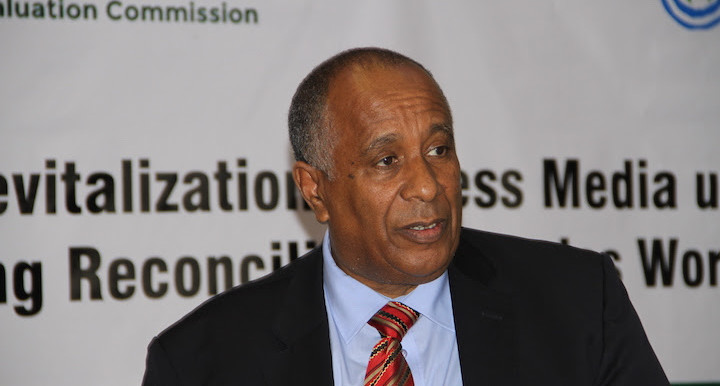The Reconstituted Joint and Monitoring Evaluation Commission (RJMEC) in collaboration with the South Sudan Inter-faith leaders have on Tuesday convened a three-day workshop in Juba.
The workshop is primarily aimed at updating the religious leaders drawn from different denominations, on the peace deal and progress made in its implementation.
In addition, the workshop is expected to highlight the roles the faith leaders can play in the implementation of the peace agreement.
While making his opening remarks, RJMEC Chief of Staff, Ambassador Berhanu Kebede said: “In every society, religion advocates for love, which transcends race, class and nationality. This cardinal principal is critical to every peace process, especially in context like South Sudan that is emerging from decades of conflict.”
“All of you (religious leaders) enjoy a high moral ground and acceptance with the local and international communities. These positions that you hold, enable you to shape attitudes, opinions of your members as they recognize and trust you,” he added.
He urged the leaders to “continue to be a light in the lives of the millions of South Sudanese who are looking up to you for guidance and information on the peace process.”
Kebede said the peace monitoring body “is optimistic that the people of South Sudan will surmount these hurdles and ensure that the country gets back on its feet again.”
Ambassador Kebede added that the success of the peace process would provide a peaceful country to the millions of women and children in the country who continue to bear the greatest brunt of the conflict.
“We urge you to say no to those who are bent on undermining the peace process by engaging in hate propaganda and inciting violence. Your presence in cities and rural areas offers you an opportunity to stand for peace and silence those that seek to undermine it,” he concluded.
RJMEC was established under the terms of the revitalised peace agreement to oversee the implementation of the deal signed in September last year.
South Sudan’s rivals leaders failed to establish a new government as stipulated in the peace deal by May 12.The formation of the unity government was extended by six months to November.




